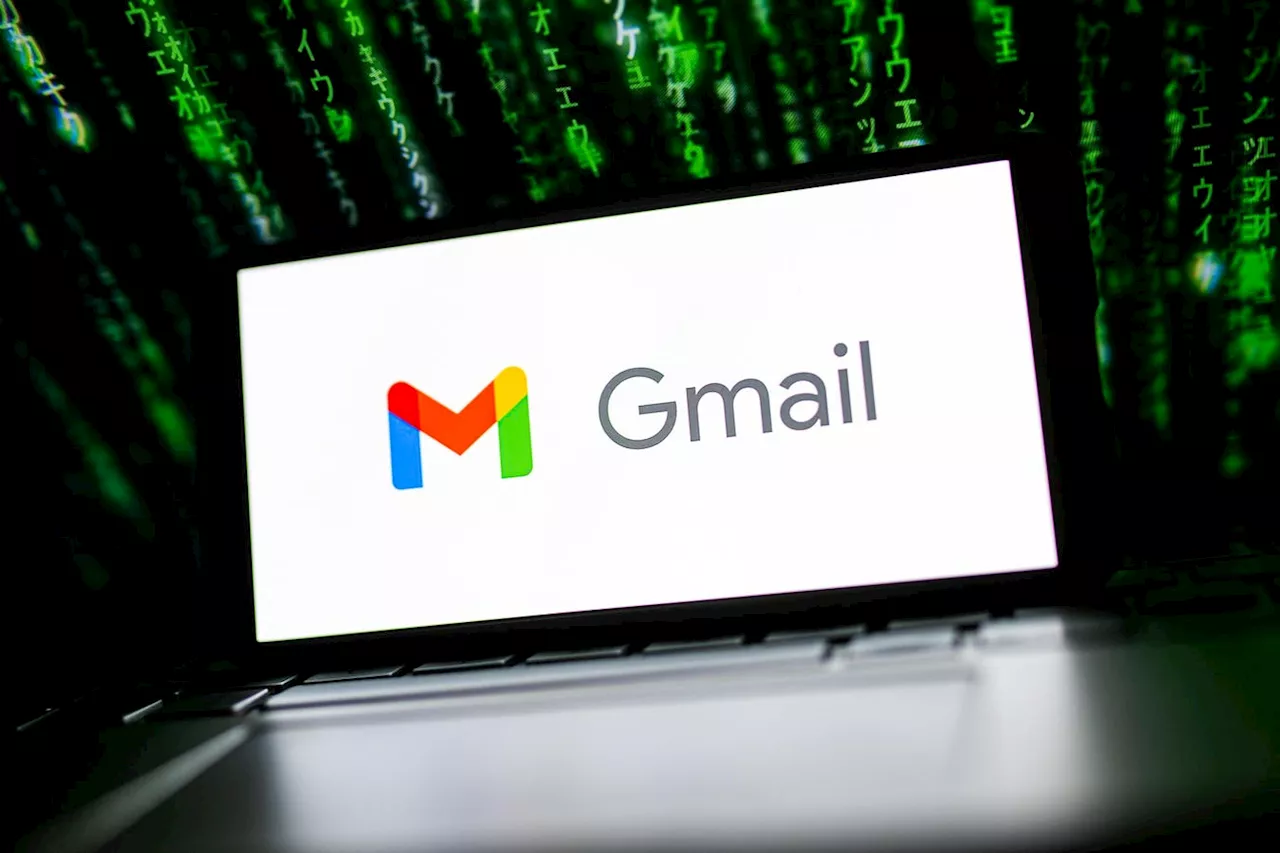A new analysis reveals that iOS devices are more susceptible to phishing attacks than Android devices. Despite Apple's reputation for security, hackers are increasingly targeting iOS users.
A massive analysis of hundreds of millions of devices has revealed that iOS is more prone to being targeted by malicious attackers than Android . While Apple’s products enjoy the public sentiment of being more secure it hasn’t stopped hackers from putting their sights on iOS.reveals that 19 percent of enterprise iOS devices have been victim to at least one phishing attack during the analyzed time period compared to 10.9 percent of enterprise Android devices.
While most phishing attacks remain simple attempts via email the phishing threat is growing as more and more attackers opt for cleverer ways of stealing people’s data. Phishing attacks will also likely grow in complexity from now on out in my opinion. Access to even the most basic LLM () AI will allow malicious agents to increase the rate of their attacks a hundred times over. Less tech savvy individuals are also much more likely to fall for phishing attacks if an AI is there to immediately respond to them. Funnily enough this isn’t the only way that Apple’s products are less secure than widely believed. While a higher number of phishing attempts isn't an indicator of the operating system’s security the fact that Apple may betray your privacy is.Nevertheless Apple devices most definitely also benefit from being such a closed ecosystem. But now that sideloading apps and third party alternatives have been allowed in the EU Apple argues that its users are at greater risk. Fortunately it’s quite easy to protect yourself from such attacks but people who don’t understand technology as well as enthusiasts may have their data stolen.that was just like something straight out of science fiction. But don’t let the increased rate of phishing attacks distract you from the fact that theFollow us on social media to catch the latest trending stories, watch exclusive videos, and join the conversation with our vibrant community
Ios Android Phishing Attacks Cybersecurity Data Theft
United States Latest News, United States Headlines
Similar News:You can also read news stories similar to this one that we have collected from other news sources.
 Android 15 QPR2 may bring resizable lock-screen widgets to large-screen Android devicesIzzy, a tech enthusiast and a key part of the PhoneArena team, specializes in delivering the latest mobile tech news and finding the best tech deals. Her interests extend to cybersecurity, phone design innovations, and camera capabilities.
Android 15 QPR2 may bring resizable lock-screen widgets to large-screen Android devicesIzzy, a tech enthusiast and a key part of the PhoneArena team, specializes in delivering the latest mobile tech news and finding the best tech deals. Her interests extend to cybersecurity, phone design innovations, and camera capabilities.
Read more »
![]() Android Circuit: Pixel 10 Leaks, Fortnite’s Sneaky Android Move, Minimal Phone PreviewThis week’s Android headlines; Pixel 10 design leaks, Samsung’s Exynos disappointment, Galaxy S25 Slim, Android XR arrives, Epic’s next Android move, a Minimal Phone preview, and more...
Android Circuit: Pixel 10 Leaks, Fortnite’s Sneaky Android Move, Minimal Phone PreviewThis week’s Android headlines; Pixel 10 design leaks, Samsung’s Exynos disappointment, Galaxy S25 Slim, Android XR arrives, Epic’s next Android move, a Minimal Phone preview, and more...
Read more »
 FBI Phishing Advice: Spot On or Way Off?An expert weighs in on the FBI's recent phishing scam mitigation advice, praising some aspects while highlighting a concerningly outdated recommendation.
FBI Phishing Advice: Spot On or Way Off?An expert weighs in on the FBI's recent phishing scam mitigation advice, praising some aspects while highlighting a concerningly outdated recommendation.
Read more »
 Google Warns of Second Wave of Gmail Phishing AttacksGoogle warns of a second wave of phishing attacks against Gmail users during the holiday season. The company highlights the importance of staying vigilant and employing recommended security measures.
Google Warns of Second Wave of Gmail Phishing AttacksGoogle warns of a second wave of phishing attacks against Gmail users during the holiday season. The company highlights the importance of staying vigilant and employing recommended security measures.
Read more »
 YouTube Creators Targeted in Phishing Malware CampaignSecurity researchers have uncovered a new threat campaign targeting YouTube creators with phishing emails designed to deliver malware that steals login credentials and financial data. The attackers use sophisticated techniques, including password-protected files hosted on platforms like OneDrive, to evade detection.
YouTube Creators Targeted in Phishing Malware CampaignSecurity researchers have uncovered a new threat campaign targeting YouTube creators with phishing emails designed to deliver malware that steals login credentials and financial data. The attackers use sophisticated techniques, including password-protected files hosted on platforms like OneDrive, to evade detection.
Read more »
 Google Calendar Invites Being Abused in Phishing AttacksA recent alert warns of an ongoing attack campaign targeting Google users through malicious Google Calendar invites. Attackers can send invites using only the victim's Gmail address, which are automatically added to the calendar. Security experts recommend disabling automatic invite addition and carefully reviewing all calendar events.
Google Calendar Invites Being Abused in Phishing AttacksA recent alert warns of an ongoing attack campaign targeting Google users through malicious Google Calendar invites. Attackers can send invites using only the victim's Gmail address, which are automatically added to the calendar. Security experts recommend disabling automatic invite addition and carefully reviewing all calendar events.
Read more »
